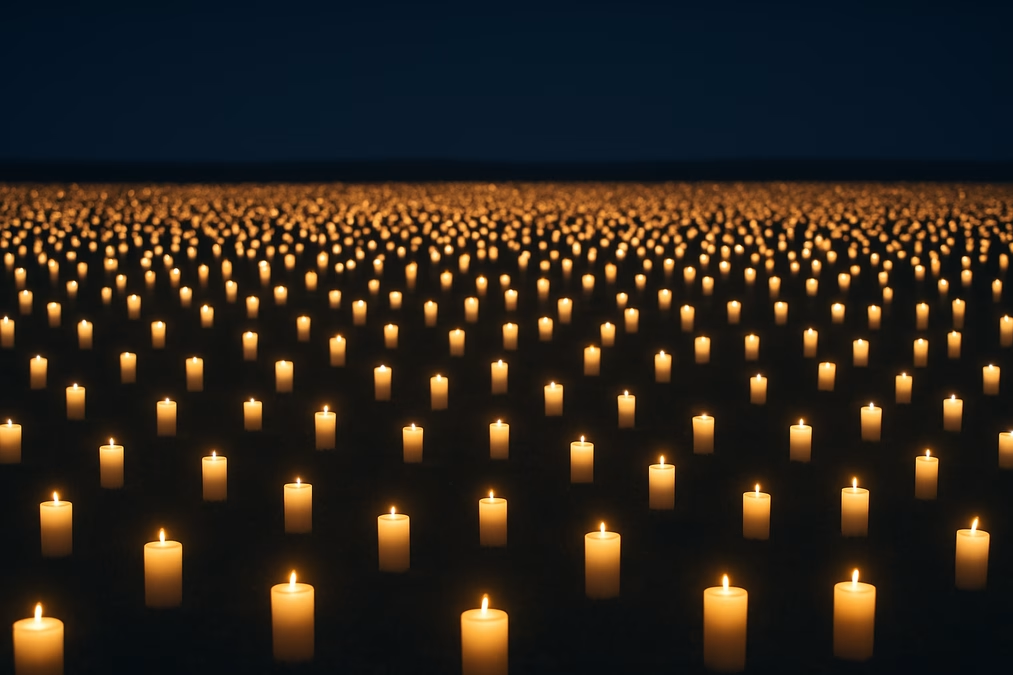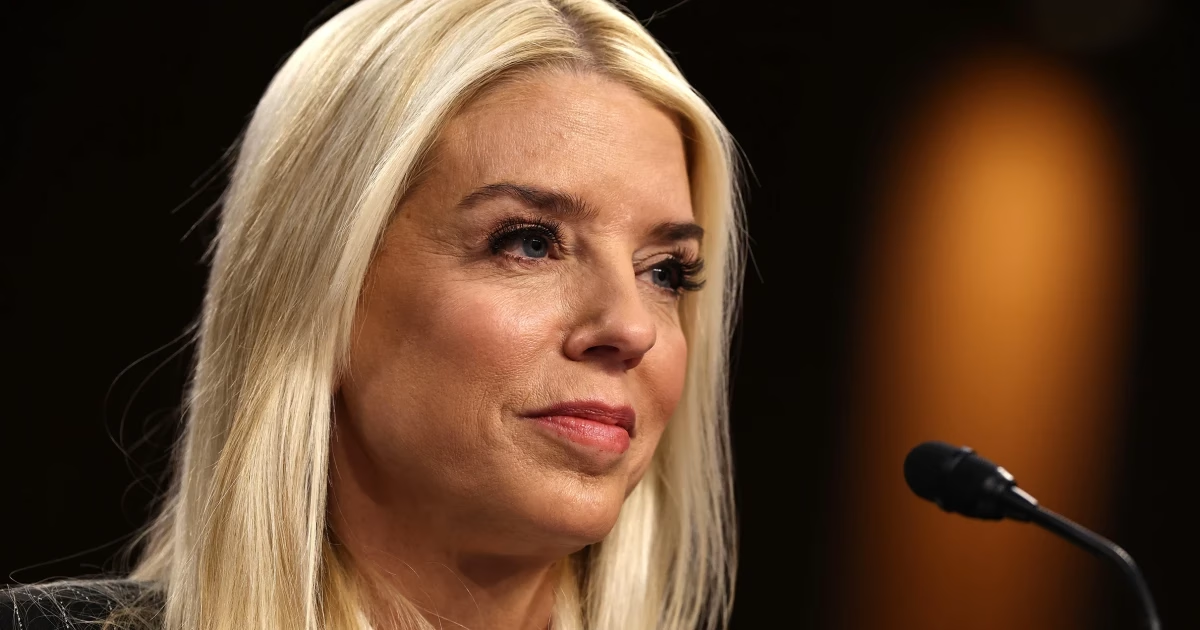By Mary Jones & Don Terry | Monday, September 22, 2025 | 5 min read
The funeral of Charlie Kirk, alongside the remembrance day declared by Congress, should not be understood solely as the mourning of one family or the tribute of a single political movement. It represents something larger—a moment that should belong to the entire nation. Gun violence in America spares no one. It has taken the lives of the forgotten and the nameless, as well as those whose faces fill television screens, whose voices dominate the airwaves, and whose names are instantly recognized across the political divide.
By passing a resolution to designate Kirk’s birthday, October 14, as a National Day of Remembrance, Congress has acknowledged the weight of this loss. But the meaning of such a day should not stop with one man’s memory. To truly honor its purpose, it ought to serve as a day of mourning and reflection for every life cut short by gun violence in America—famous or unknown, political or apolitical. Only then can it stand as a unifying reminder of the urgency to confront a crisis that touches us all.
Every week in America, funerals for victims of gun violence unfold quietly. They take place in church basements, funeral homes, and small-town chapels, attended by families whose loved ones never made the news. A son gunned down in a parking lot. A daughter lost to a stray bullet while walking home. These funerals rarely command headlines, yet they are just as devastating. The grief is the same. The loss is permanent.
Kirk’s funeral, however, commands the spotlight. That spotlight should be used for more than eulogies and partisanship. It should be a mirror reflecting the wider crisis we have allowed to fester in this country. His death—like the deaths of thousands of ordinary Americans each year—was preventable. And preventable deaths demand accountability, not resignation.
Weapons of War in Civic Life
It has to be said clearly: weapons like the AR-15—or any high-powered rifle—have no place at political rallies, on college campuses, or in public spaces where people gather to argue, protest, or simply exist. These are not tools for self-defense. They are not symbols of patriotism. They are instruments of war, designed to tear through bodies with devastating speed.
When such weapons are allowed to hover in the background of civic life, free speech becomes fragile. Protest becomes perilous. Democracy itself is put under siege. We cannot pretend to defend the First Amendment while ignoring how the Second is being twisted into a weapon against it.
Mourning Without Division
The danger now is that Kirk’s funeral will become another flashpoint in America’s endless cultural war—an opportunity for his allies to double down on absolutist gun rhetoric, and for his critics to dismiss his death as ironic. That would be a profound failure of empathy.
Mourning, if it means anything at all, cannot be selective. We don’t get to pick and choose which victims are worthy of tears. The families who bury their children after school shootings, the communities shattered by mass killings in grocery stores or nightclubs, and now the family of Charlie Kirk—they all deserve the same recognition of their pain.
A funeral like Kirk’s could be an opening, a moment to remind ourselves that grief is the one language spoken across political divides. If we cannot unite around the sanctity of human life, then what chance do we have of solving this crisis?
Beyond Thoughts and Prayers
We know what happens after high-profile tragedies. Leaders step to microphones, offer condolences, and retreat to familiar talking points. Nothing changes. The cycle repeats. And the country drifts deeper into cynicism.
But if Kirk’s funeral is treated as more than ritual, it could serve as a catalyst. It could become a national day of mourning for all victims of gun violence—a symbolic act that affirms no life is expendable, no loss insignificant. From there, the harder work begins: demanding policies that honor life more than firepower. Universal background checks. Limits on weapons of war. Laws that give families a chance to intervene when a loved one spirals into danger. These are not radical ideas. They are the bare minimum for a civilized society.
A Nation at a Crossroads
The truth is unavoidable: every coffin lowered into the ground because of gun violence is a collective failure. Whether the name etched onto the headstone is known to millions or remembered by only a few, the hole it leaves in the world is equally profound.
Charlie Kirk’s funeral can and should serve as a turning point—not because his life was more valuable than others, but because it is a rare moment when the spotlight of grief falls on someone who cannot be ignored. That spotlight should illuminate not just his loss but the losses endured in silence across America every single day.
If we let this moment pass, if we reduce it to partisan talking points or empty condolences, then we will have learned nothing. But if we use it to widen our circle of empathy—to see every victim, famous or forgotten, as part of the same American tragedy—then perhaps we can begin to honor the dead with more than words.
Until then, the roll call of funerals will continue. And with each one, the question will grow louder: how many more?






